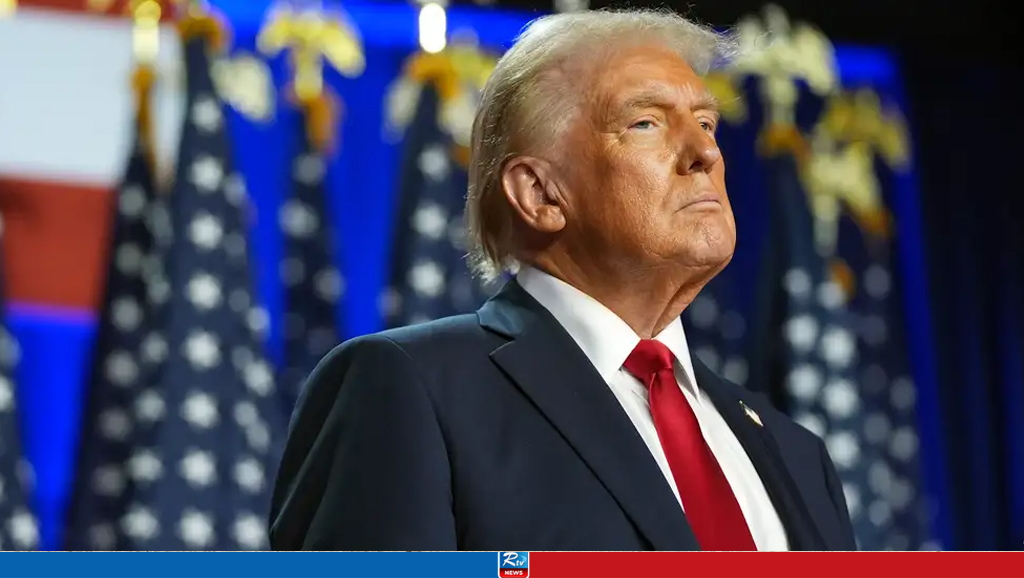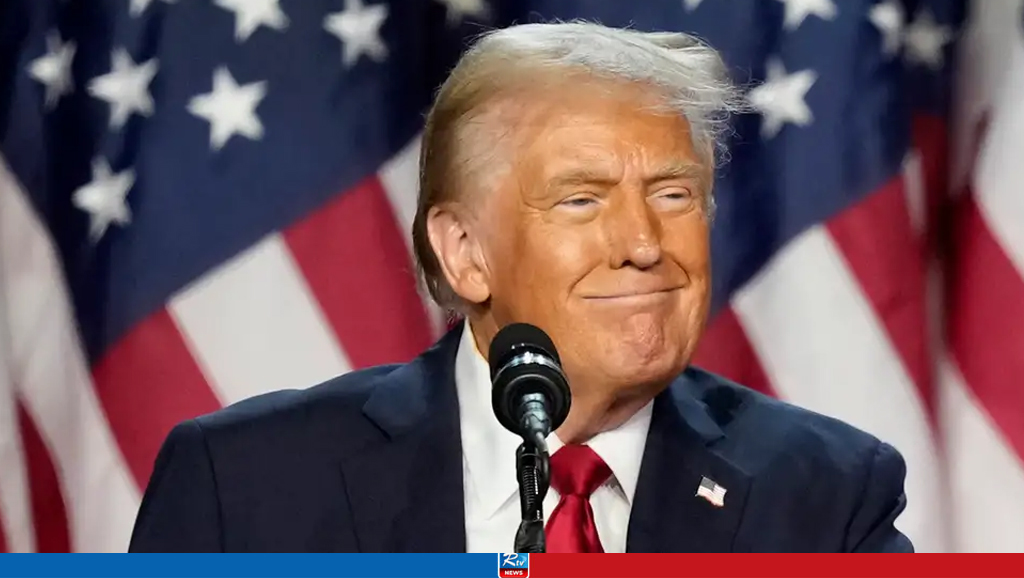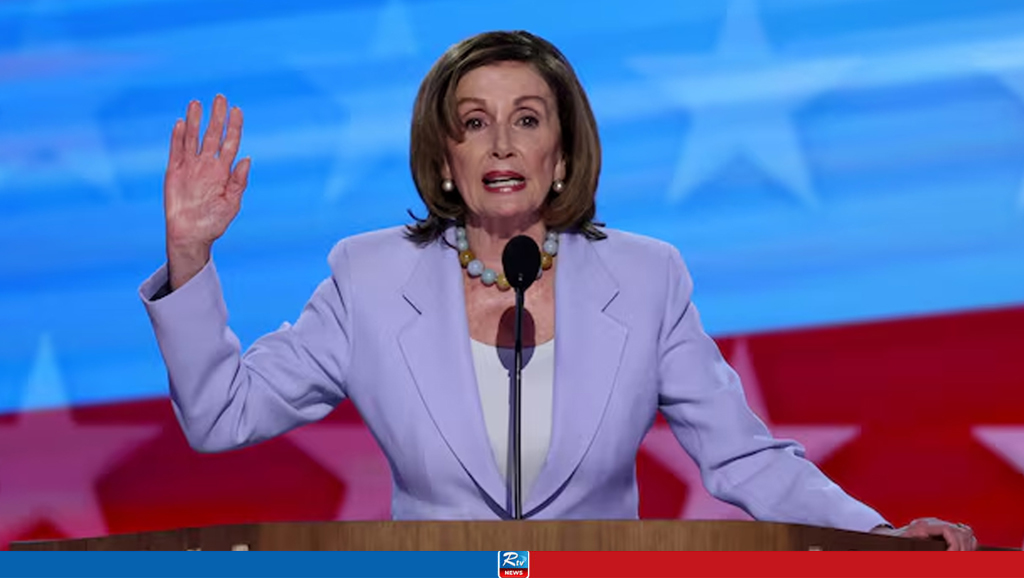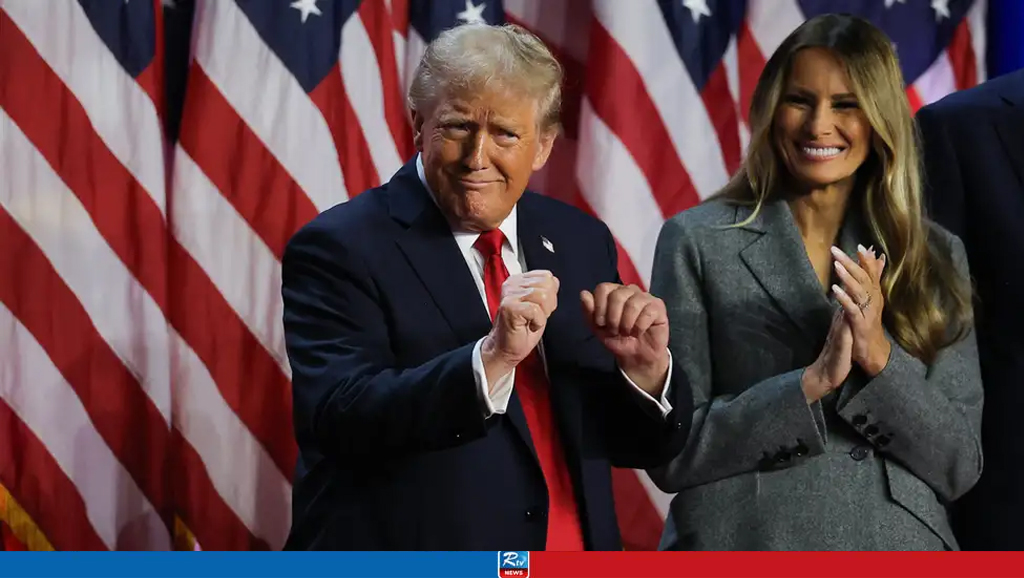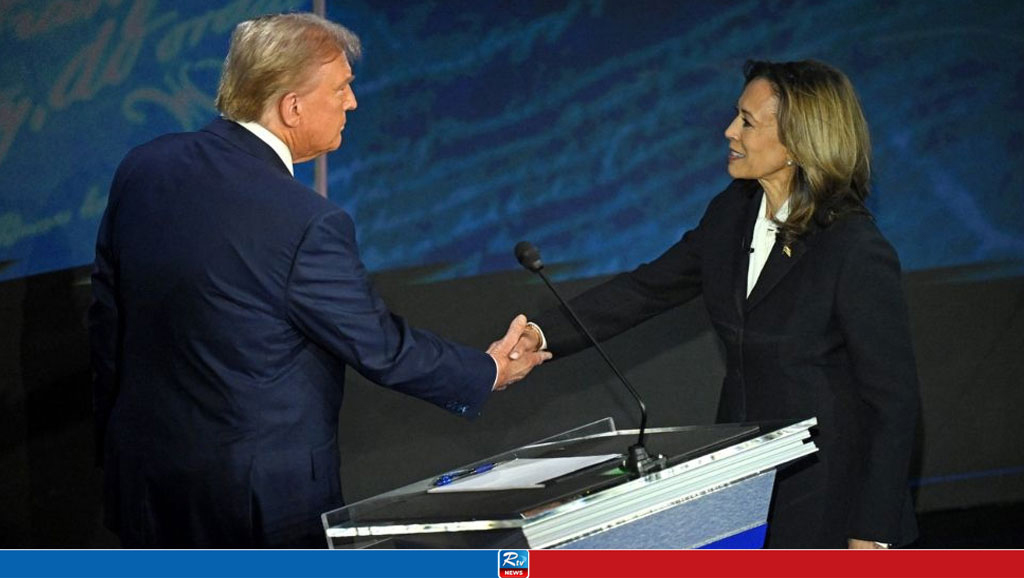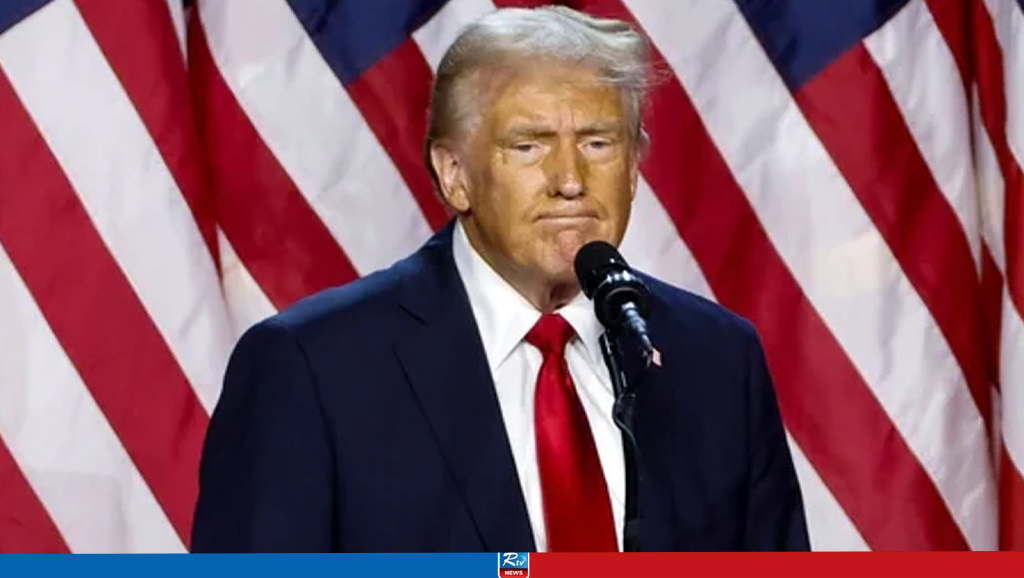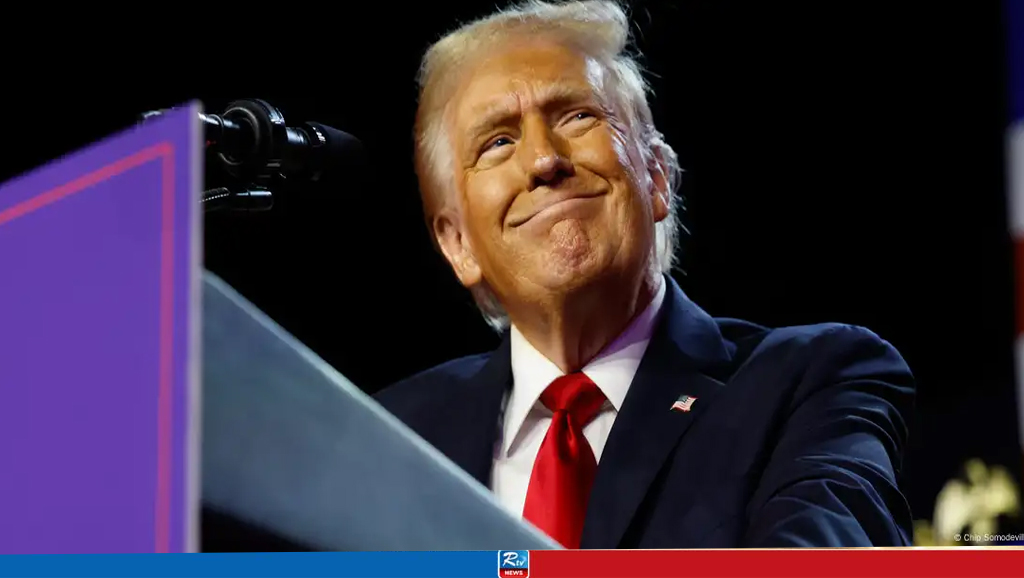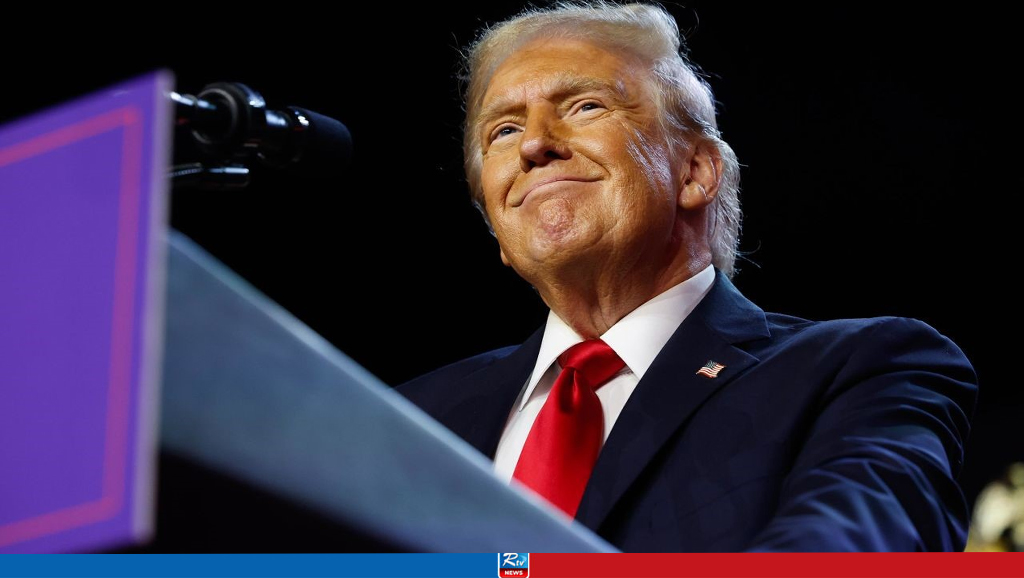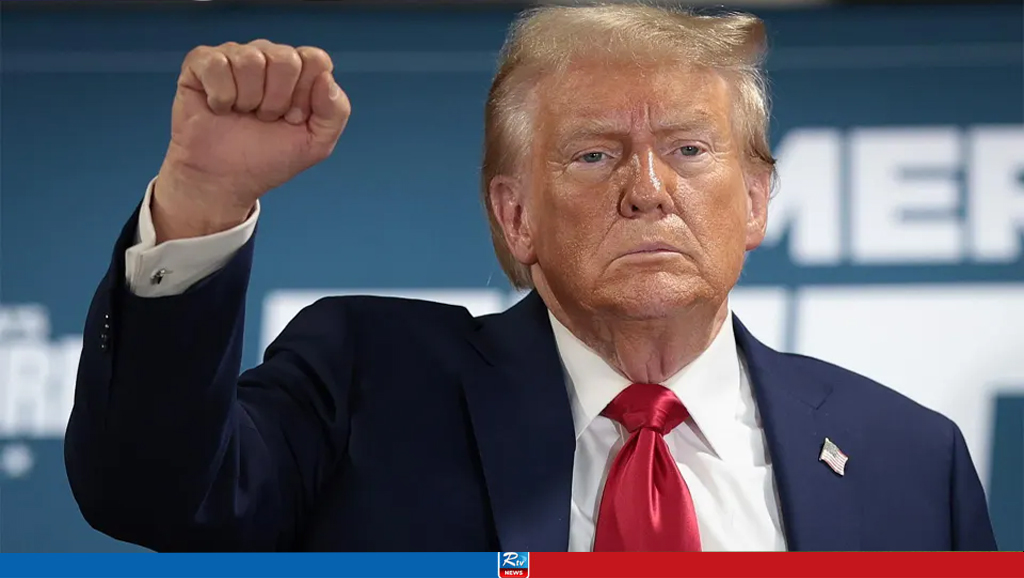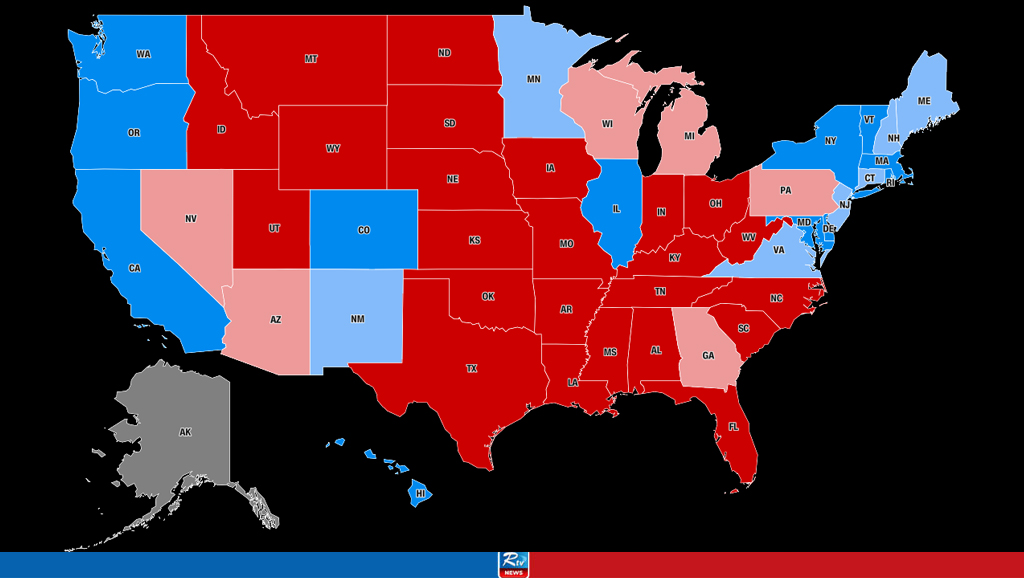Elon Musk, billionaire owner of some of the world's most prominent technology companies, including carmaker Tesla, social media platform X and aerospace company SpaceX, has this week seen his political influence cemented with a potentially powerful appointment in the administration of Donald Trump, who had promised Musk a leadership role in an administration if he is reelected.
The president-elect announced on Tuesday evening that he was going to make Musk the head of a new "Department of Government Efficiency" (DOGE) aimed at slashing government expenditure, bureaucracy and regulations. The exact position of this new organization is not yet clear, as, despite its name, it will apparently not be an official government department. Musk would "provide advice and guidance from outside the government," Trump said in a statement posted on his social media platform Truth Social.
Nevertheless, the appointment potentially gives Musk enormous power over government policy. Though there are few details about what plans DOGE has, Musk promised on X that its work would be transparent, and it would "have a leaderboard for most insanely dumb spending of your tax dollars."
Musk has regularly been using the influence he wields through his companies to weigh in on political debates in countries around the world, from Brazil to Germany.
The 53-year-old's intervention in politics, unprecedented in its openness and visibility, highlights how a few private tech companies and their executives hold increasingly unchecked power over decisions traditionally reserved for governments, digital rights experts warn.
"The kinds of technologies Musk operates are highly critical, and the companies he owns are incredibly influential and positioned at key junctures in terms of access to information and geopolitics," said Marietje Schaake, a fellow at Stanford University's Cyber Policy Center and author of The Tech Coup: How to Save Democracy from Silicon Valley.
"And Musk isn't just running these companies to maximize their success," Schaake, a former member of the European Parliament for the Dutch liberal Democrats 66 party, told DW. "He's also using them as tools for his own geopolitical agenda."
From self-proclaimed ‘moderate' to right-wing hard-liner
Since founding his first company in the mid-1990s, the South African-born entrepreneur has built a string of successful businesses and amassed an estimated fortune of more than $243 billion (€224 billion).
His talent for growing startups into leading technology companies has also given him increasing control over critical digital infrastructure and gradually helped expand his political influence.
Today, the US space program NASA relies on Musk's astronautics company, SpaceX, to launch satellites. SpaceX subsidiary Starlink delivers broadband internet to some of the most remote places in the world and has become an indispensable tool for militaries in conflict zones from Ukraine to Gaza.
The geopolitical influence that comes with control of these technologies is illustrated by revelations from The Wall Street Journal: According to the paper, Musk has been in contact with Russian President Vladimir Putin since late 2022. Among other things, Putin asked Musk not to activate the Starlink satellite communications system over Taiwan as a favor to Chinese leader Xi Jinping, The Wall Street Journal reports.
With his acquisition of X, previously Twitter, in 2022, Musk also gained control over one of the most influential social media platforms.
At the same time, the entrepreneur, who once identified as a "moderate" on the political fringes, has increasingly aligned himself with hard-line conservative positions, openly opposing left-leaning ideals he now views as detrimental to society's future.
Breaking with tradition
Musk's political involvement reached new heights in the buildup to the US election in November. After an assassination attempt in mid-July, Musk publicly endorsed Trump. Between July and mid-October this year, Musk contributed nearly $119 million to a super PAC supporting Trump, according to campaign finance reports.
Then, in the final weeks before election day, he drew criticism by offering cash incentives to registered voters in seven swing states to sign a petition. Every day until the election, one signatory was selected at random and awarded one million dollars. he drew attention
Such overt political involvement is unusual among US business elites. "The relationship between Musk and Trump brings into the open a level of influence that most business moguls prefer to keep under the radar," Schaake said. "Musk's actions seem to reflect that he believes he can do whatever he wants," she added, referring to Musk's repeated attempts to insert himself into other countries' political debates.
What next?
This concentration of power over critical digital infrastructure poses a risk to democracy, cyber policy expert Schaake warned.
A first glimpse of this potential influence was offered in late September: Trump's running mate, JD Vance, suggested that the US might reconsider its support for NATO if the European Union moved forward with regulations targeting social media platforms, specifically Musk's X. The EU is currently investigating X for potential violations of new online platform regulations, which could lead to substantial fines.
"Musk is unpredictable; his positions can change overnight," she said. "And when someone who controls significant products and infrastructure changes his mind, the consequences are also significant."
- Dhaka Fri, 24 JANUARY 2025,

 Live Tv
Live Tv



